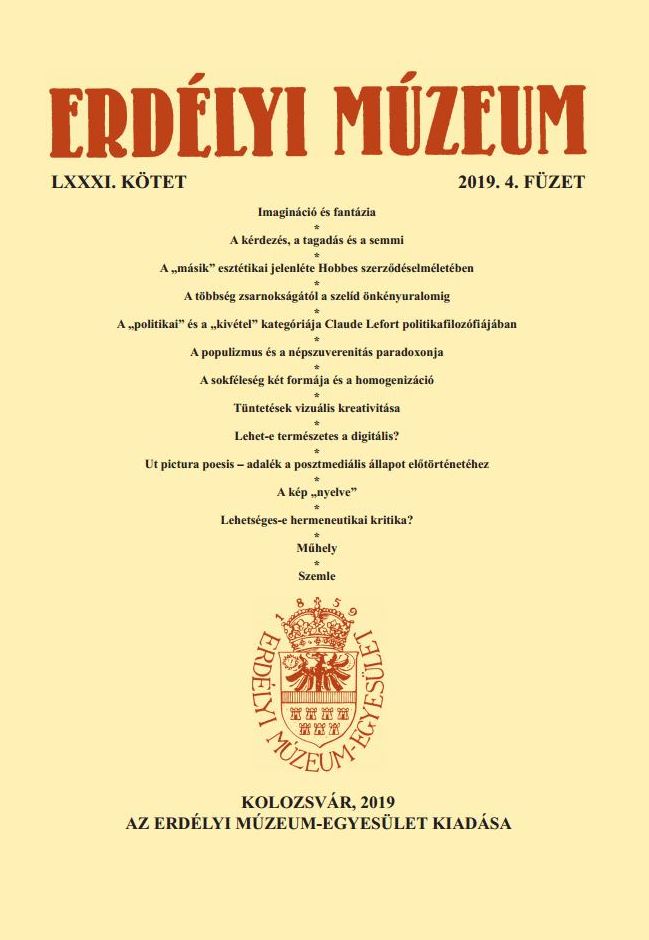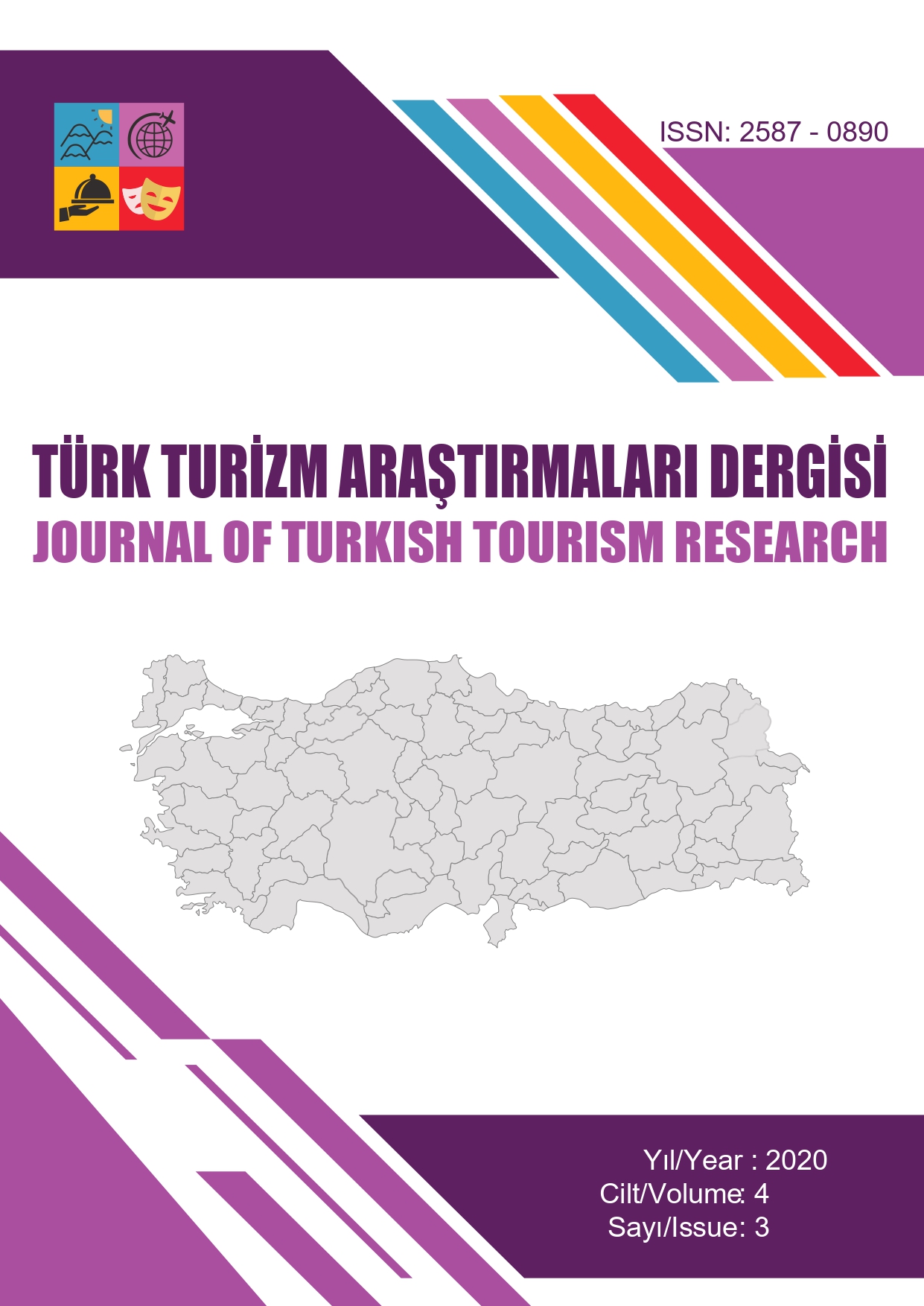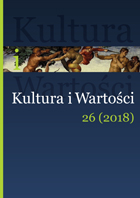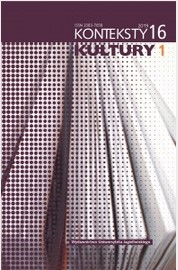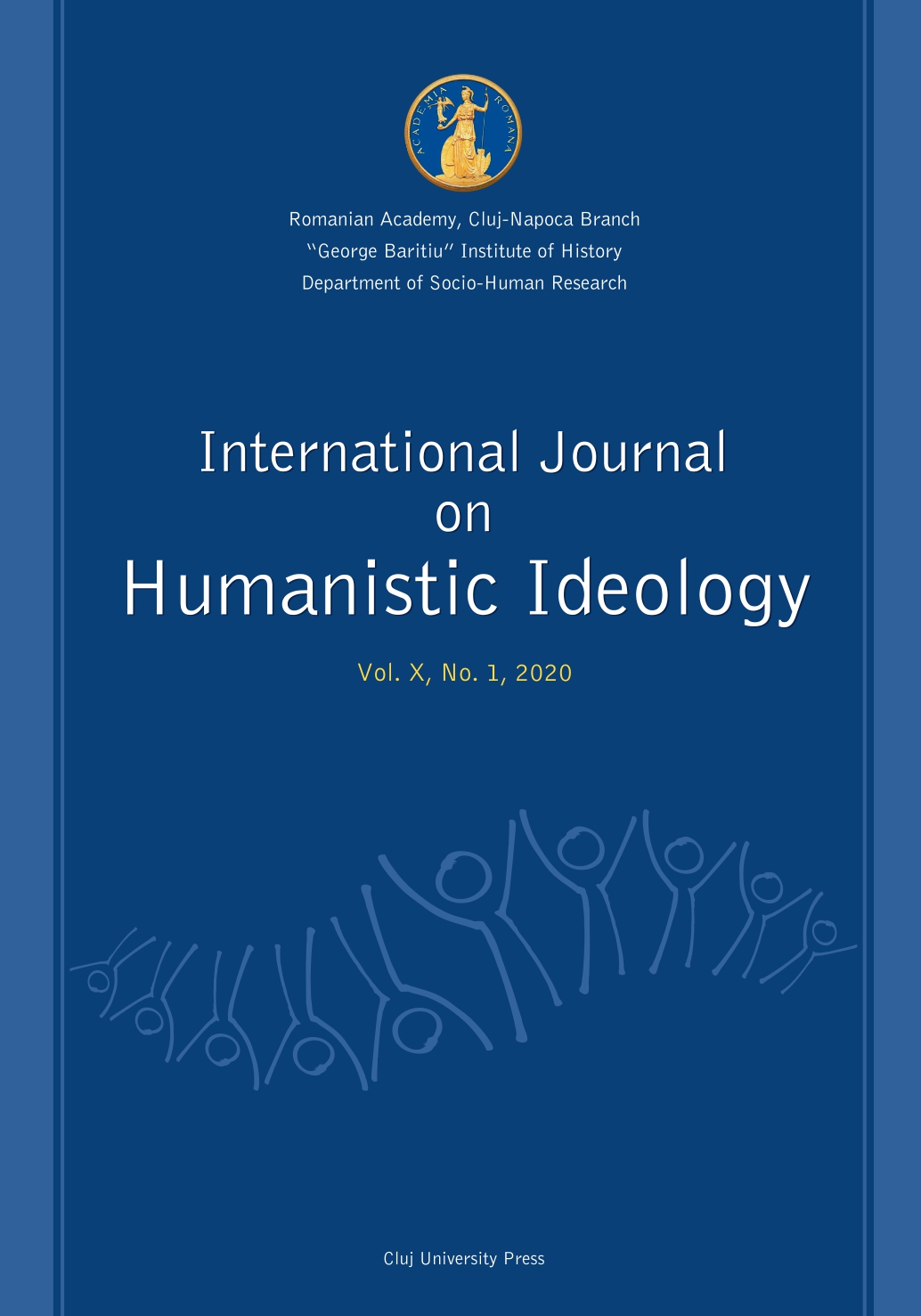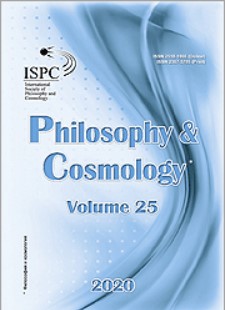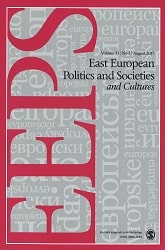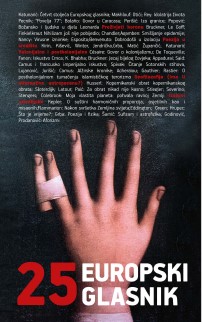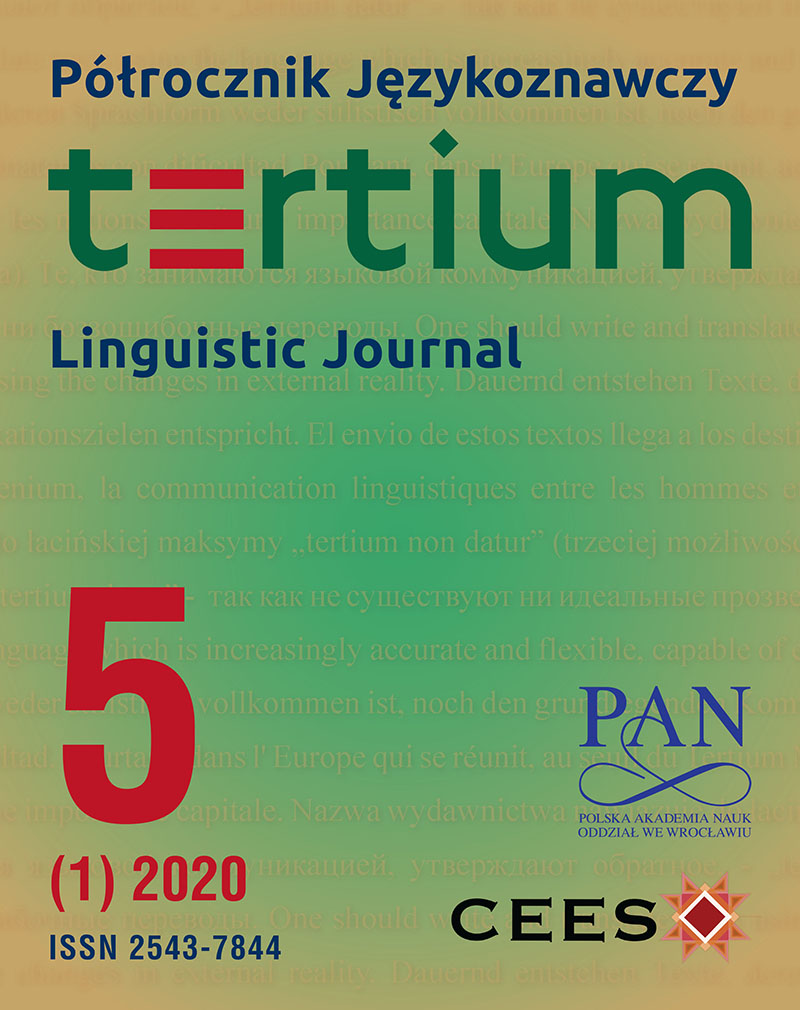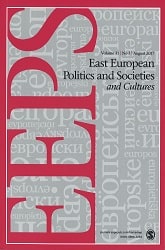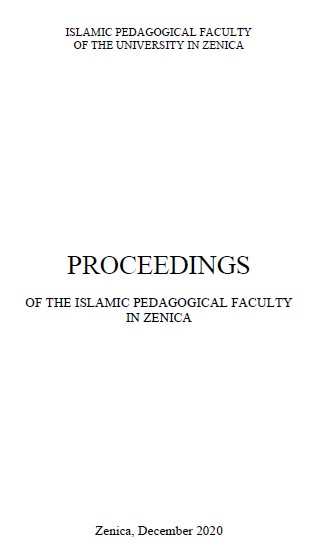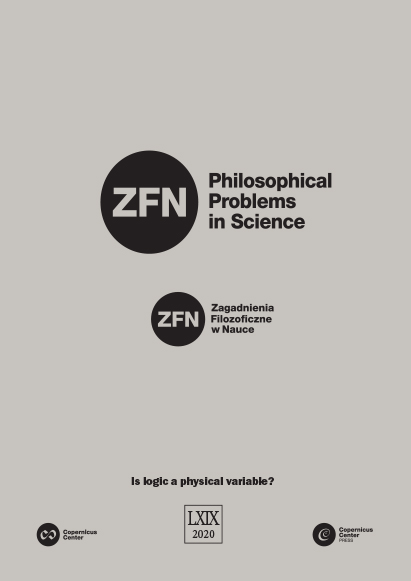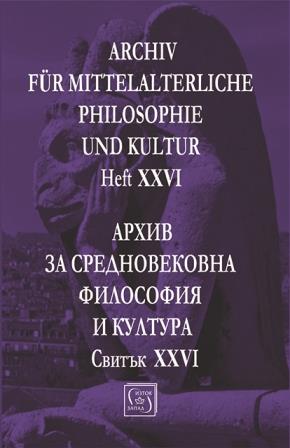Author(s): Irena Bogoczová / Language(s): Polish
Issue: 1/2020
Artykuł przedstawi najbardziej typowe cechy religijności (oraz sekularyzacji) czeskiego społeczeństwa, wskaże na historyczno-polityczne źródła tej odmienności oraz tendencje jej rozwoju. Na podstawie odpowiedniej literatury fachowej, popularnonaukowej i zdecydowanie popularyzującej (a nawet rozrywkowej) opublikowanej w ciągu ostatnich 20–30 lat przez czeskich autorów (socjologów, teologów, psychologów, księży, katechetów, dziennikarzy itp.) artykuł przybliży (polskiemu) odbiorcy typ narracji używanej podczas omawiania tematów związanych z Bogiem, Biblią, Kościołem, wiarą, duchowością… W artykule zostaną przytoczone konkretne przykłady takiej narracji. Do przygotowania artykułu posłużyły prace takich badaczy, jak np. D. Červenková, P. Fiala, H. Hamplová, P. Hošek, Z. R. Nešpor, P. Říčan, O. I. Štampach, D. Václavík, R. Vido. Szczególna uwaga zostanie poświęcona publikacjom Tomáša Halíka (Ptal jsem se cest), Zbigniewa Czendlika (Postel, hospoda, kostel) oraz Alexandra Fleka (Parabible). Przedmiotem analizy jest sposób wyrażania się o Bogu (świętości), wierze, wierzących, księżach, Kościele.
The present paper introduces the most typical features of religiosity (and secularization) in Czech society, pointing out their historical-political origins and the tendencies in their development. Based on relevant professional, scientific-popular and unambiguously popular (entertaining) literature produced by Czech authors (sociologists, theologians, psychologists, priests, journalists, etc.) over the last 20-30 years, the contribution will familiarize Polish readers with the type of narrative used in works on God, the Bible, the Church, faith, mysticism, etc., providing concrete examples of such discourse. Writings by researchers such as Červenková, P. Fiala, H. Hamplová, P. Hošek, Z. R. Nešpor, P. Říčan, O. I. Štampach, D. Václavík, R. Vido were used for the paper. Special attention is devoted to works by Tomáš Halík (Ptal jsem se cest), Zbigniew Czendlik (Postel, hospoda, kostel) and Alexander Flek (Parabible). The subject of the analysis is the way of Czech and Polish authors express themselves when writing on the themes of God (holiness/sacrum), faith, believers, priests, and the Church.
More...
